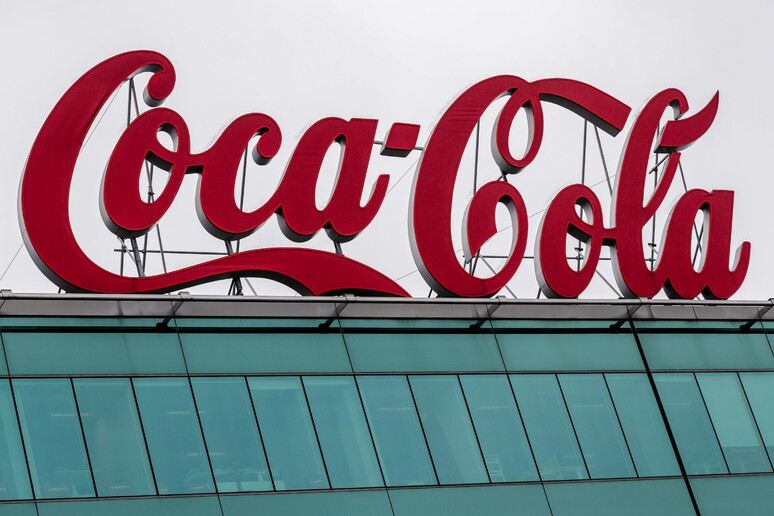President Trump announced that Coca-Cola has agreed to use real cane sugar in its beverages sold in the United States. The American giant typically uses corn syrup in its products, but Secretary of Health and Human Services Robert F. Kennedy Jr. has expressed concern about the potential impact of this ingredient.
“I have been speaking to Coca-Cola about using REAL Cane Sugar in Coke in the United States, and they have agreed to do so,” Trump wrote on his social channels. “I’d like to thank all of those in authority at Coca-Cola. This will be a very good move by them – You’ll see. It’s just better!”
Without explicitly confirming the change to the recipe, a Coca-Cola spokesperson said they “appreciate President Trump’s enthusiasm”and that “more details on new innovative offerings within our Coca-Cola product range will be shared soon”.
In April, Coca-Cola CEO James Quincey told shareholders: “we continue to make progress on sugar reduction in our beverages”. He also explained that the Atlanta-based company has “done this by changing recipes as well as by using our global marketing resources and distribution network to boost awareness of and interest in our ever-expanding portfolio”.
At the same time, the decision to replace corn syrup with cane sugar has caused US farmers to turn up their noses. “Replacing high fructose corn syrup with cane sugar would cost thousands of American food manufacturing jobs, depress farm income, and boost imports of foreign sugar, all with no nutritional benefit”, Corn Refiners Association President and CEO John Bode said.
Since taking office, RFK, Jr. has asked companies to remove ingredients such as corn syrup, seed oils, and artificial colors from their products, which are associated with a number of health problems.
Kennedy has also criticized the amount of sugar consumed by Americans and appears to be planning to update national dietary guidelines this summer. For his part, Trump is known to regularly drink Diet Coke, which contains the artificial sweetener aspartame, a product that the World Health Organization classifies as a Group 2B carcinogen—meaning it’s possibly carcinogenic to humans– and which is also suspected–among other things– of leading to mental disorders such as depression, irritability and mood swings, as well as neurological concerns such as headaches, migraines, and even seizures.










